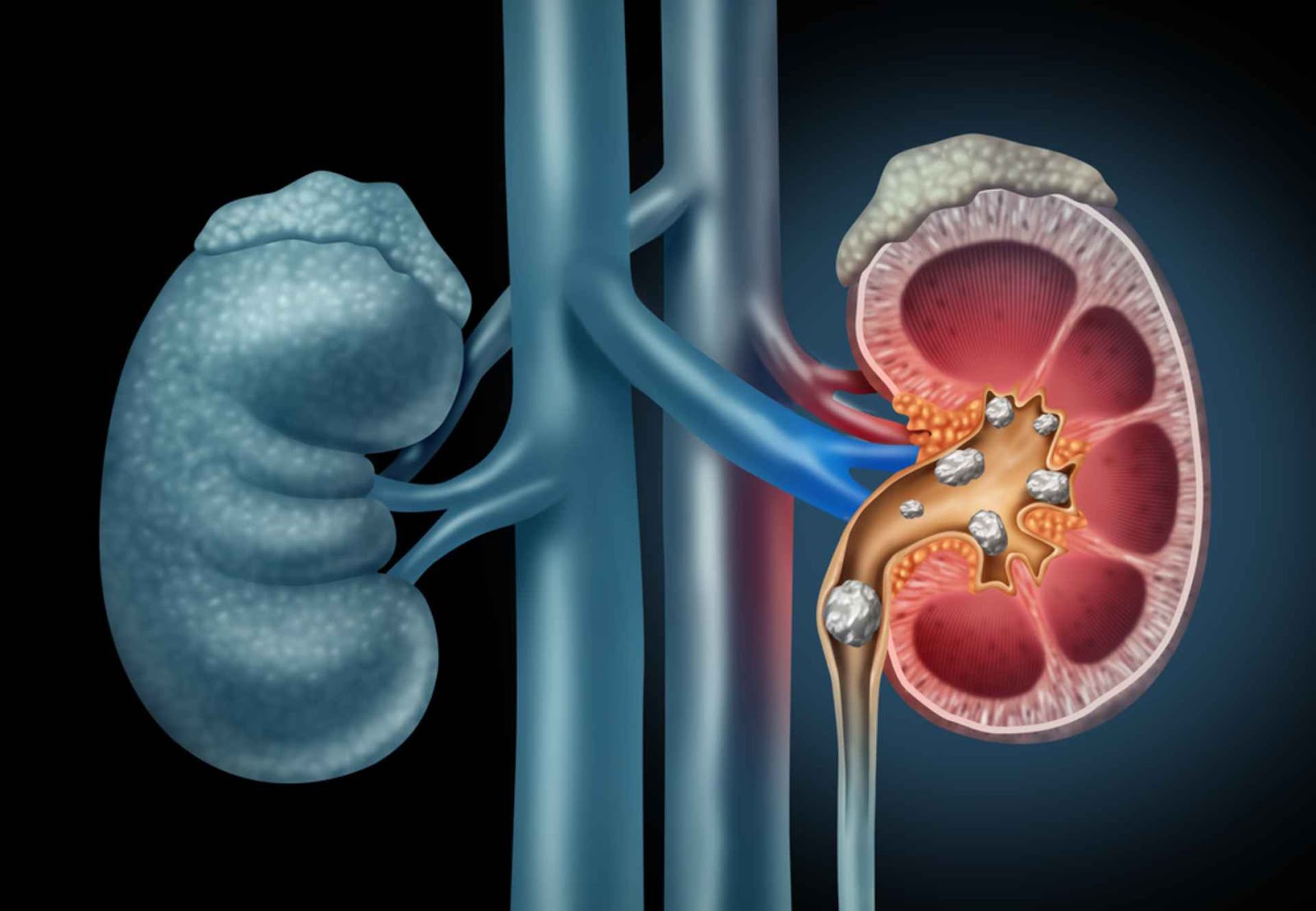Chronic Kidney Disease is a long-term condition where the kidneys gradually lose their function over time. The kidneys play a vital role in filtering waste products and excess fluids from the blood, regulating blood pressure, producing hormones, and maintaining the balance of electrolytes in the body.
 |
| image source medanta.org |
In chronic kidney disease, the kidneys are damaged and are unable to perform these functions effectively. The condition progresses over months or years and can lead to end-stage renal disease (ESRD), which requires dialysis or a kidney transplant to sustain life.
Common causes of CKD include diabetes, high blood pressure (hypertension), glomerulonephritis (inflammation of the kidney's filtering units), and polycystic kidney disease (a genetic disorder causing cysts in the kidneys).
Symptoms of CKD may not appear until the disease is advanced, but they can include fatigue, swelling in the legs and ankles, changes in urination frequency and color, persistent itching, muscle cramps, and loss of appetite. Regular medical check-ups and blood/urine tests are essential for early detection and management of CKD.
Treatment for CKD focuses on controlling underlying conditions, managing symptoms, and slowing the progression of the disease through lifestyle changes, medications, and, in advanced stages, renal replacement therapy (dialysis or transplantation).


No comments:
Post a Comment